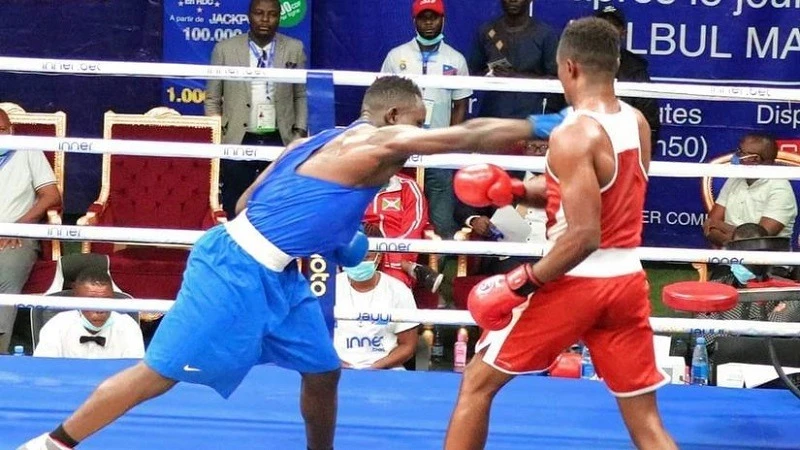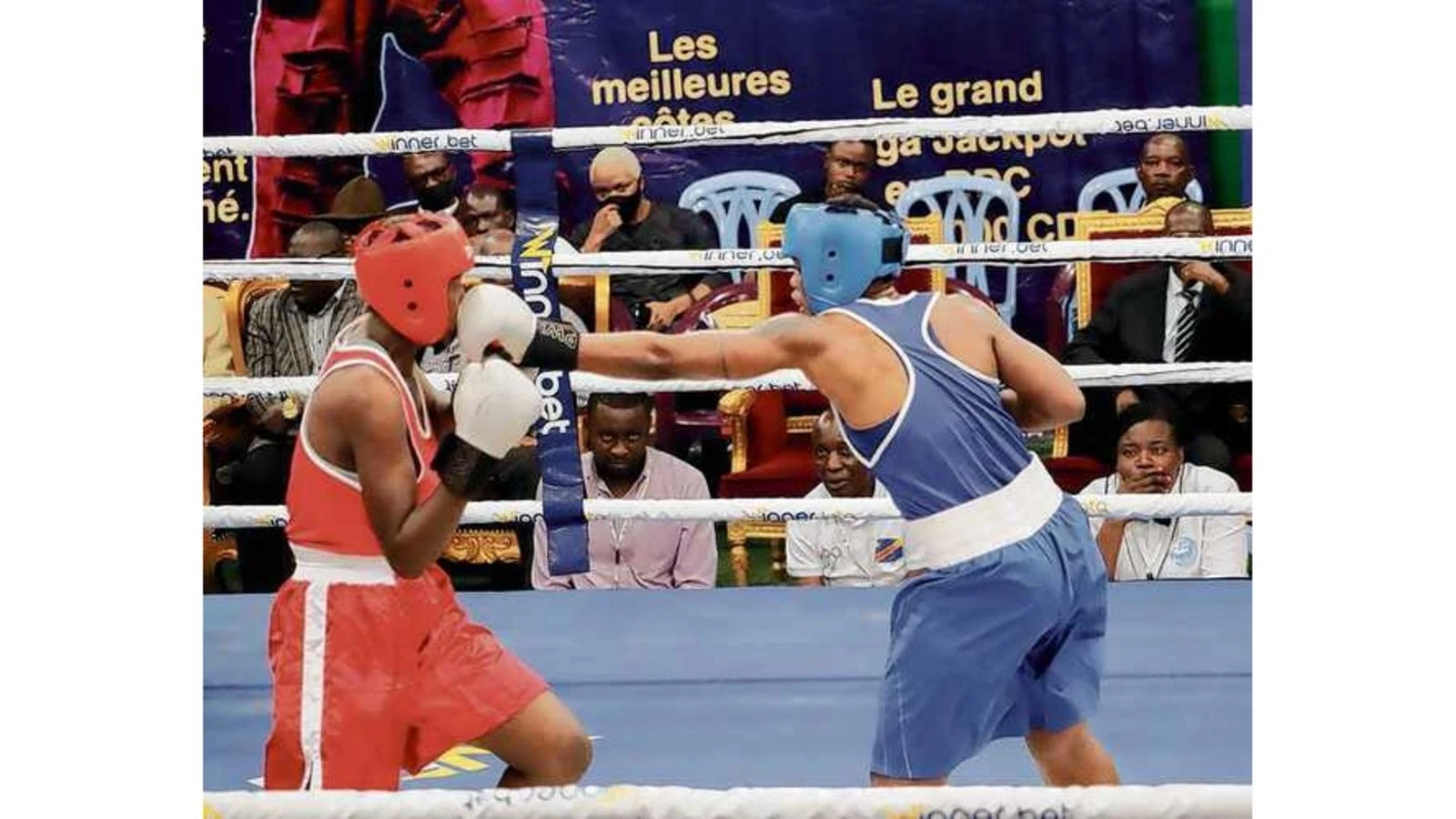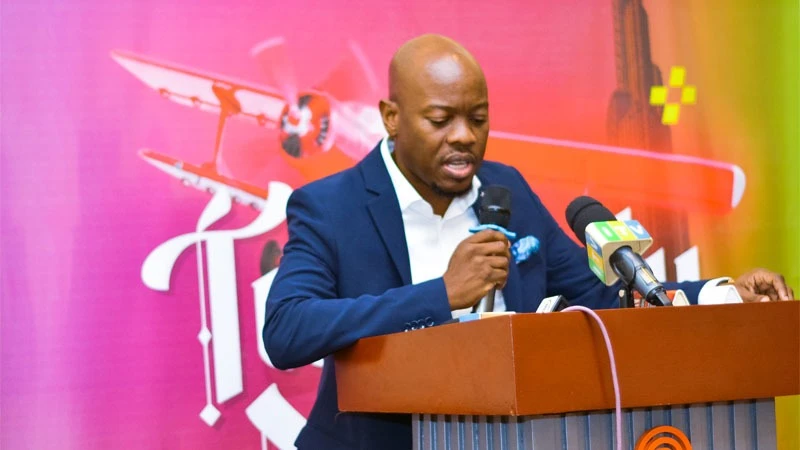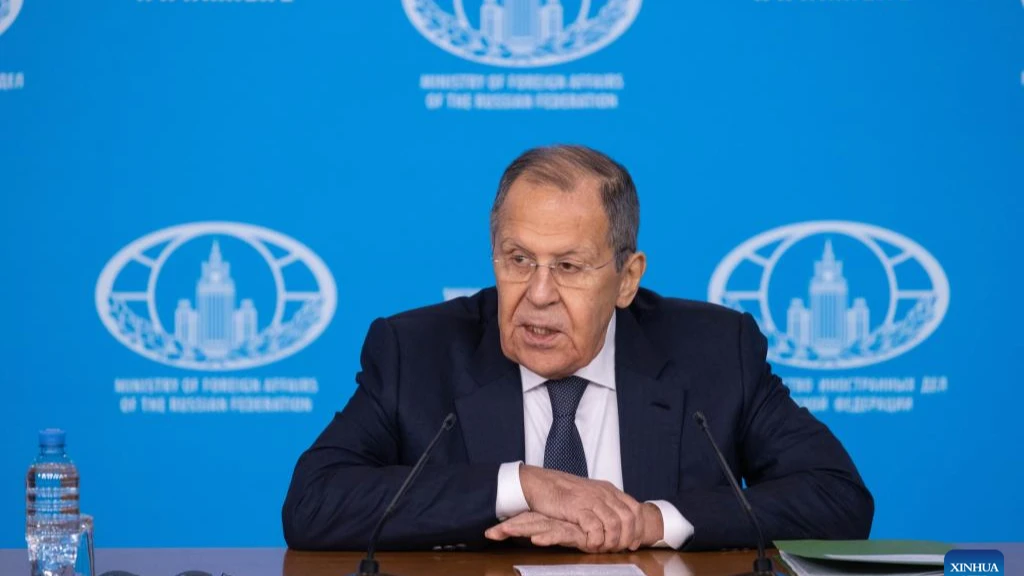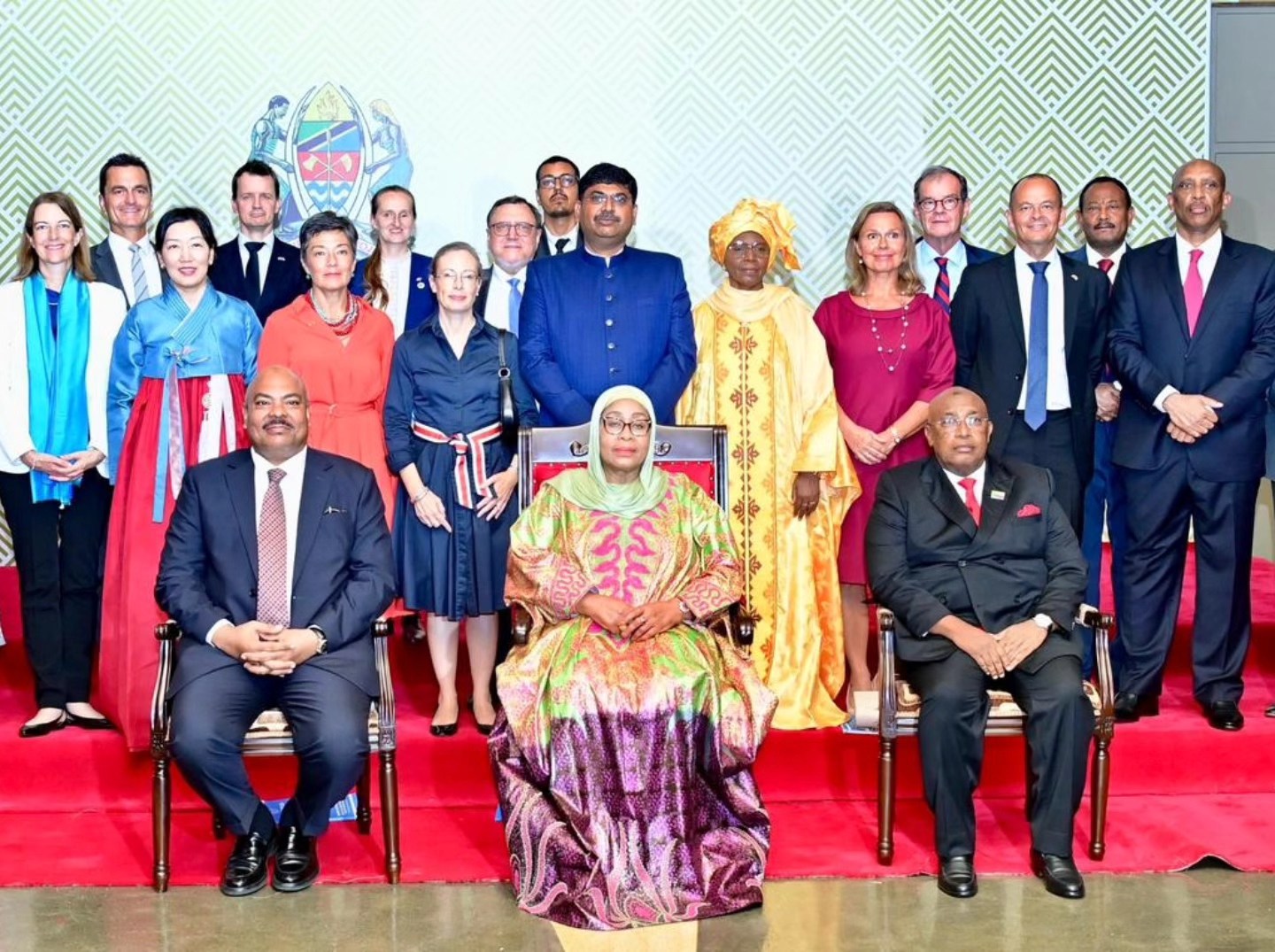Fitness: The hidden foundation behind Yanga’s success on the pitch
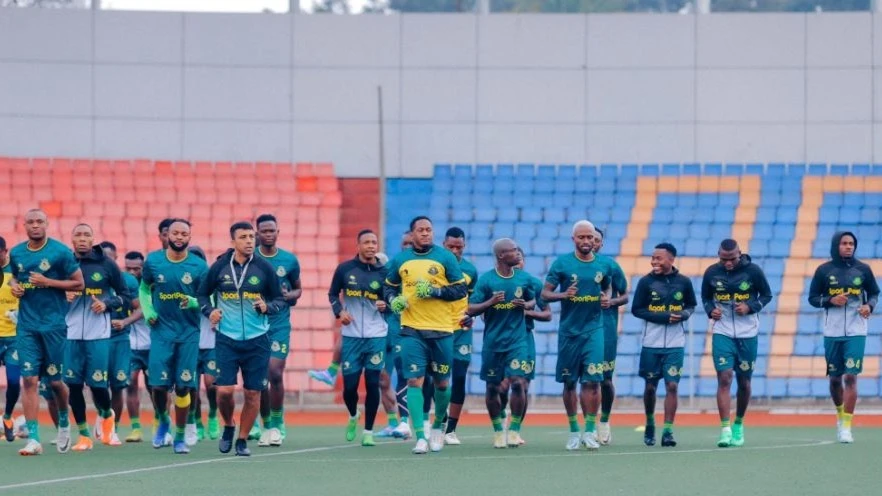
WHEN it comes to football - nicknamed the beautiful game- raw talent and skill are undeniably important.
The elegant dribbling, the precise passing, and the masterful strikes often capture the attention and admiration of the game's supporters.
However, hidden beneath the finesse of the sport is a foundation that is just as crucial but often overlooked by the untrained eye - physical fitness.
Recently, there were some video clips on an Instagram page of a Tanzanian fitness trainer, Denzel, who is based in Dar es Salaam.
The trainer was seen taking charge of workout done by some Young Africans players, Clatous Chama, Pacome Zouzoua and Prince Dube.
The training was unique - based on stamina, muscle fitness and breathing tolerance.
The clips had sparked rumours among a section of domestic soccer fans that alleged the training sessions have seen to it Young Africans players are fit irrespective of their difference in quality and work rate.
In a comprehensive guide on fitness, the experts state that robust physical conditioning is the key to success on the soccer field, adding that it can ensure players are always in peak shape.
Not all fitness is created equal, and for soccer players to excel on the field, a balanced approach to their physical preparation is vital.
The guide further outlined the specific components that are essential for a well-rounded player as endurance, strength, agility and flexibility.
The experts said that ability to sustain effort over an extended period is a non-negotiable component of soccer fitness.
"Consider the length of a full match - often 90 minutes of continuous movement, Young Africans players are said to be able to play in high velocity given endurance training is the bedrock that allows players to maintain their high-energy output from the tie's kick-off to the final whistle," Jumaa Mhina, the former Muheza United FC player, said.
He commended the Young Africans trainer for his commitment, saying the training provided to those players has made them gain momentum, which has seen them tirelessly play between 60-90 minutes.
They moreover explained while soccer is a game of finesse, it also requires significant strength.
Robust muscles support speed, agility, and the ability to win physical contests, whether through body positioning or shielding the ball from opponents are vital.
One of the experts stated: "The workout gives them the explosive power because sprinting speed is needed to either chase down opponents or break away with the ball."
Such an efficiency, according to them, is critical in gaining an edge.
"Speed work is more than just being the fastest- it's about effective acceleration and quick changes in direction," Isaya Christopher notes.
The expert pointed out: "The ability to move quickly and easily is fundamental in the complex, changing environment of a soccer match."
He further detailed: "Agile players can evade tackles, make sharp turns, and reposition themselves with precision."
He also mentioned another essential aspect as flexibility, explaining that playing soccer often involves movements that are laterally and rotationally demanding.
Flexibility, according to him, ensures that players' muscles and joints can move through their full range of motion without risk of injury.
Explaining about physical fitness in soccer, the experts said that regardless of the age of a footballer, now is always a good time to take whole-body fitness into account.
They added: "Investing in your players’ physical fitness doesn't just mean they will be in better shapes. It directly translates to game performance and mental health in a multitude of ways."
"With enhanced performance on the field well-conditioned players can push the limits of their speed and endurance, giving them a performance advantage that can be decisive in a match's outcome," Mohamed Njira, a soccer coach based in Tanga, said.
Njira highlighted the benefits players will get through the training, saying they stand to avoid turning prone to regularly sustaining injuries, improved recovery time, mental resilience and focus.
As far as injury prevention is concerned, through fitness training, players can strengthen the muscles and ligaments that support their body, reducing the likelihood of strains and tears. Preventing injuries is as important as winning matches, as sidelined players can’t contribute to the team's success.
Improved recovery time will ensure players with a high level of fitness recover more quickly between plays and after games, allowing them to maintain peak form and reducing the risk of fatigue-related mistakes and injuries.
In mental resilience and focus, the benefits of physical fitness extend beyond the body. Aerobic exercise has been linked to improved mental acuity, which is invaluable for quick decision-making and tactical awareness during a game.
Top Headlines
© 2025 IPPMEDIA.COM. ALL RIGHTS RESERVED



